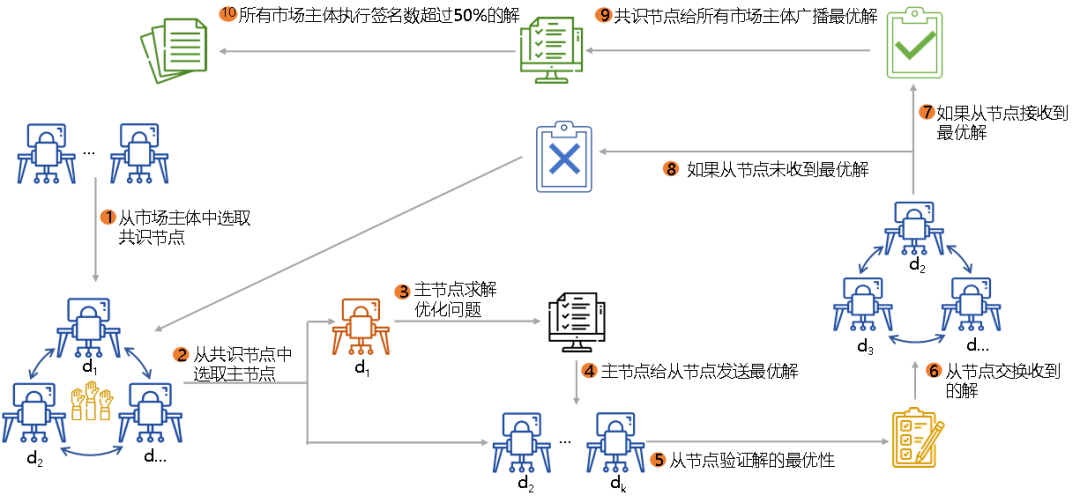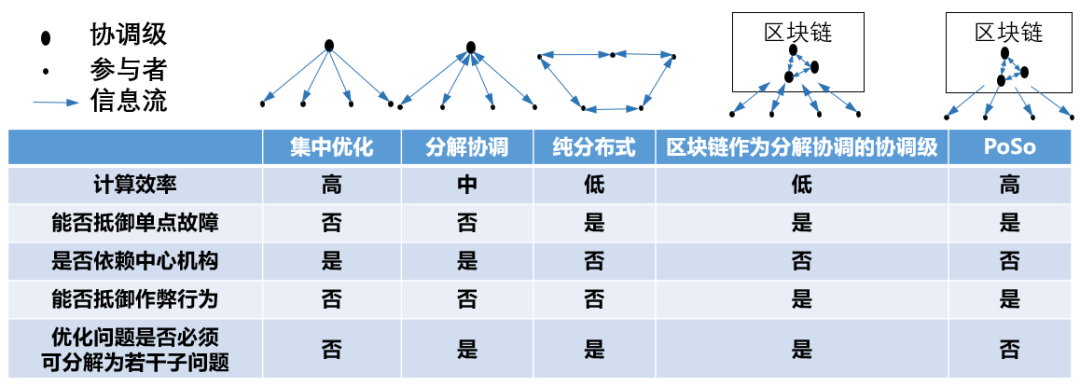- Home
- About Us
- Students
- Academics
-
Faculty
- Electrical Engineering
- Automation
- Computer Science & Engineering
- Electronic Engineering
- Instrument Science and Engineering
- Micro-Nano Electronics
- School of Software
- Academy of Information Technology and Electrical Engineering
- School of Cyber Security
- Electrical and Electronic Experimental Teaching Center
- Center for Advanced Electronic Materials and Devices
- Cooperative Medianet Innovation Center
- Alumni
-
Positions
-
Forum
News
- · Shanghai Jiao Tong University professors Lian Yong and Wang Guoxing's team have made remarkable progress in the field of high-efficiency pulse neural network accelerator chips.
- · AI + Urban Science research by AI Institute was selected as cover story in Nature Computational Science!
- · The first time in Asia! IPADS's Microkernel Operating System Research Wins the Best Paper Award at SOSP 2023
- · Delegation from the Institution of Engineering and Technology Visits the School of Electronic Information and Electrical Engineering for Journal Collaboration
- · Associate professor Liangjun Lu and research fellow Jiangbing Du from Shanghai Jiao Tong University made important advancements on large capacity and low power consumption data transmission
Sijie Chen et al. propose a blockchain consensus mechanism that optimizes energy dispatch and trading on Nature Energy
Recently, Nature Energy publishes a research article “A blockchain consensus mechanism that uses Proof of Solution to optimize energy dispatch and trading” authored by Sijie Chen et al. The article proposes a blockchain consensus mechanism (also an optimization scheme) for energy dispatch and trading. The first and corresponding author is Sijie Chen from Shanghai Jiao Tong University. The co-authors include Hanning Mi, Jian Ping, Zheng Yan, Zeyu Shen, Xuezhi Liu from Shanghai Jiao Tong University, and Ning Zhang, Qing Xia, Chongqing Kang from Tsinghua University.
The complexity of energy systems is forecast to increase with increasing penetration of distributed energy resources, increasing synergy across multiple energy carriers, and increasing inter-area energy exchange. It will be challenging for traditional centralized management schemes to work, because a central authority may not exist or may not have the ability to command and coordinate all interest parties.
We propose a blockchain consensus mechanism tailored to support mathematical optimization problems in energy systems. The blockchain consensus mechanism is named Proof of Solution (PoSo). The basic idea of PoSo mimics that of PoW. Specifically, PoSo replaces the meaningless mathematical puzzle by a meaningful optimization problem. Similar to the solution to the mathematical puzzle in PoW, the solution to an optimization problem in PoSo is also hard to find but easy to verify. Unlike PoW, PoSo avoids spending massive computing power on solving meaningless problems (Table 1).

Table 1
Under the PoSo scheme, a delegation, comprising participants interested in ruling the collaboration network, is selected by and out of all participants. A temporary leader, selected from and by the delegates, is responsible for yielding an optimal solution. The rest delegates are followers, who verify and exchange the received solutions. If the delegates agree on the solution, they will broadcast the solution to every participant. A participant trusts a received solution if the solution is endorsed by the majority of the delegates. Any leader identified as dishonest or incompetent is replaced by one of the rest delegates and removed from the delegation (Fig. 1).

Figure 1 PoSo flowchart
Compared with existing blockchains, PoSo pioneers a blockchain paradigm. In this paradigm, the blockchain consensus layer not only enables participants to reach agreement, but also processes some tasks that otherwise have to be processed in the smart contract layer. The specific task that PoSo can process is to find and verify the solution to an optimization problem. By doing so, PoSo can seamlessly incorporate mathematical optimization and minimize the workload associated with searching and verifying optimum.
Compared with existing centralized, hierarchical, or fully distributed optimization schemes, PoSo enables check and balance among participants. This ensures that only the optimal solution is accepted and executed by participants, even if some of the participants act dishonestly. Compared with blockchain-as-coordinator schemes, PoSo is more computationally efficient by avoiding numerous rounds of iterations (see Fig. 2).

Figure 2 Comparison of different optimization architectures
Assistant Professor Mahmoud N. Mahmoud from North Carolina A&T State University publishes an article “Putting proof of work to work” on Nature Energy that reviews and introduces the above article. It says “First, PoSo is capable of delivering the optimal solution to critical energy-related optimization problems even in the presence of dishonest parties, which is difficult to achieve in traditional optimization schemes. Second, PoSo utilizes the wasted computation power lost by the traditional proof of work mechanism, which is historically considered a key bottleneck that limits the use of blockchain. Third, PoSo is superior to existing blockchains in terms of the computation workload and efficiency…These findings make PoSo applicable to a wide range of energy systems problems and other collaboration networks whose rules can be depicted by mathematical optimization problems.”
Nature Energy covers all topics related to energy. It publishes about 80 research articles per year. It has a latest impact factor of 60.9, ranking the 8th among journals in all fields.
For further information, please visit:
Chen, S., Mi, H., Ping, J., Yan, Z., Shen, Z., Liu, X., Zhang, N., Xia, Q., & Kang, C., A blockchain consensus mechanism that uses Proof of Solution to optimize energy dispatch and trading. Nat Energy 7, 495–502 (2022). https://www.nature.com/articles/s41560-022-01027-4
The parameters and optimization results of the multi-energy systems used in this article are available at:
https://github.com/kelpman05/DataUofManchester
https://github.com/kelpman05/DataWuzhong
-
Students
-
Faculty/Staff
-
Alumni
-
Vistors
-
Quick Links
